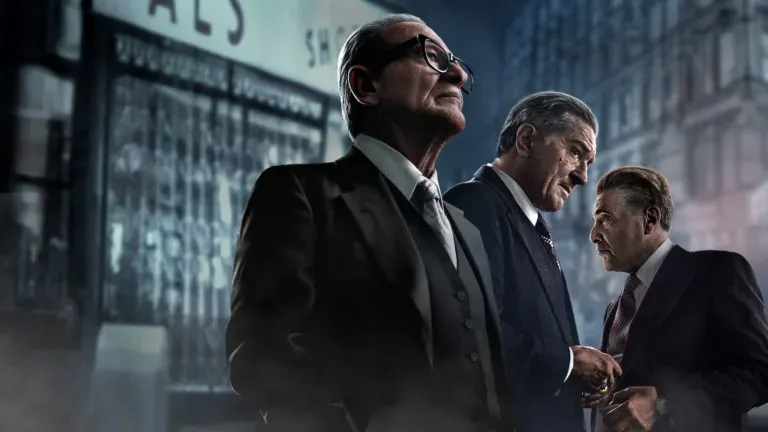Pusher
Pusher
by Nicolas Winding Refn (1996)
A Copenhagen drug dealer incurs a large debt with a powerful local boss.
He will find himself forced to find a lot of money in a true race against time.
The tough life of a small-time dealer.
Frank moves in his small world, trying to maintain a semblance of normality, clinging to what are the social conventions.
We see him in a restaurant or a strip club, convinced he can enjoy life’s pleasures.
Now in the company of his buddy Tonny, who talks dirty about sex all the time, now caught in a strange and bizarre relationship with Vicki, a woman for whom he feels genuine affection and through whom he hopes to rediscover the lost part of himself.
But there is no normality in his life.
There is only the illusion, a hope destined to die, every time, in the same way.
Because, first of all, he is always dealing with the rush of drugs to sell.
A pressing and omnipresent problem that needs to be solved quickly.
At any cost.
Especially now that Milo and his fierce right-hand man Radovan are on his tail and want their money back.
A lot of money, too much money.
And very little time to recover the amount.
Refn starts with the idea of making a ten-minute short film and is then convinced by the producer to extend the timeframe.
He kicks the first actor chosen to play the protagonist off the set because he’s considered too soft and calls in Bodnia, who fits the role perfectly.
He makes a “dirty” film, violent in images and language, absolutely timeless, close to a way of filmmaking we admired and loved in the 70s and 80s.
Scorsese’s “Mean Streets” comes to mind, but also Friedkin’s “To Live and Die in L.A.” in some aspects.
Or, to cite something closer to home, “Bad Lieutenant” by Ferrara.
After all, Refn has never denied being a passionate and omnivorous cinephile, like Tarantino, and that he shaped himself by watching films of the past without attending traditional film schools.
And so the camera follows the protagonist’s days like a shadow, a lost and restless soul walking the most dangerous streets of Copenhagen, encountering devious and threatening characters.
At times, especially in the outdoor scenes, we as viewers even feel like we’re physically inside the scene, so immersive is this director’s way of filmmaking.
Thanks also to the use of handheld cameras and natural lighting, it feels as if we can grasp the tastes, the smells, and, in general, all the heaviness and tension present in the streets where the story takes place.
A story divided into seven chapters following the days of the week, from Monday to Sunday.
Refn decided to shoot in chronological order to allow the protagonists to immerse themselves even more in the role they were playing.
This debut, made on a very limited budget, has become a small, great cult film, enough to allow for the creation of two sequels.
Pusher is a must-have in your film library.
 Subscribe to our YouTube channel.
Subscribe to our YouTube channel.





